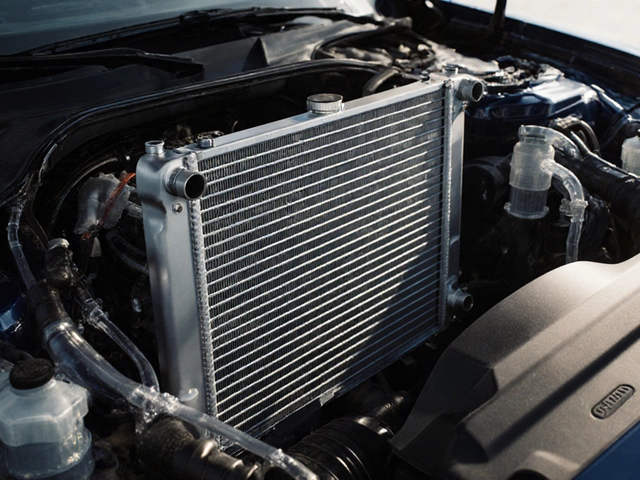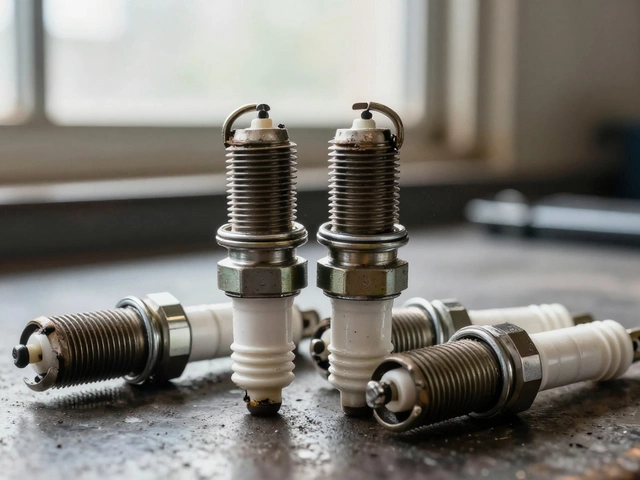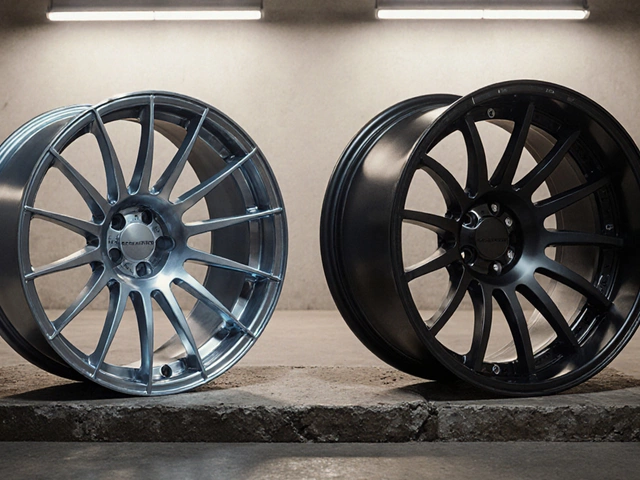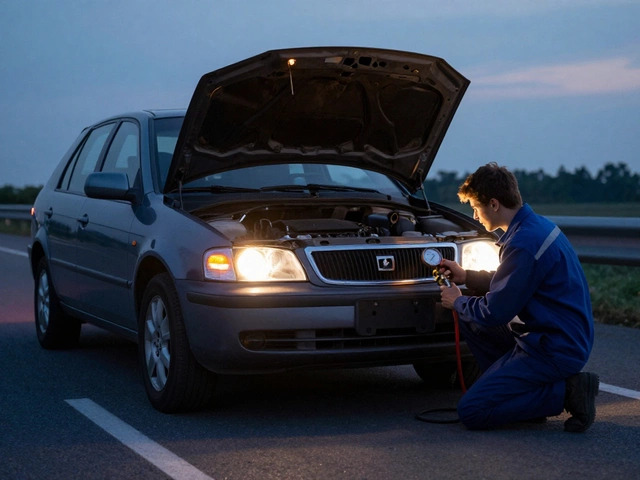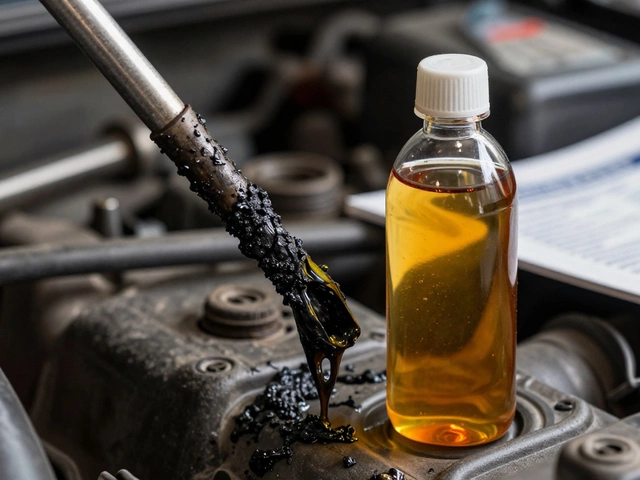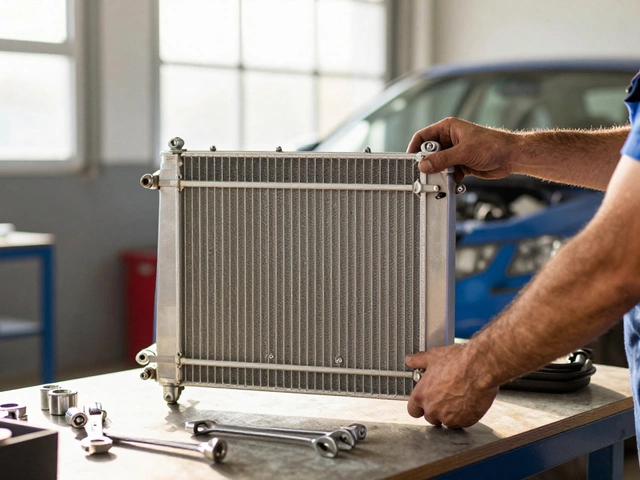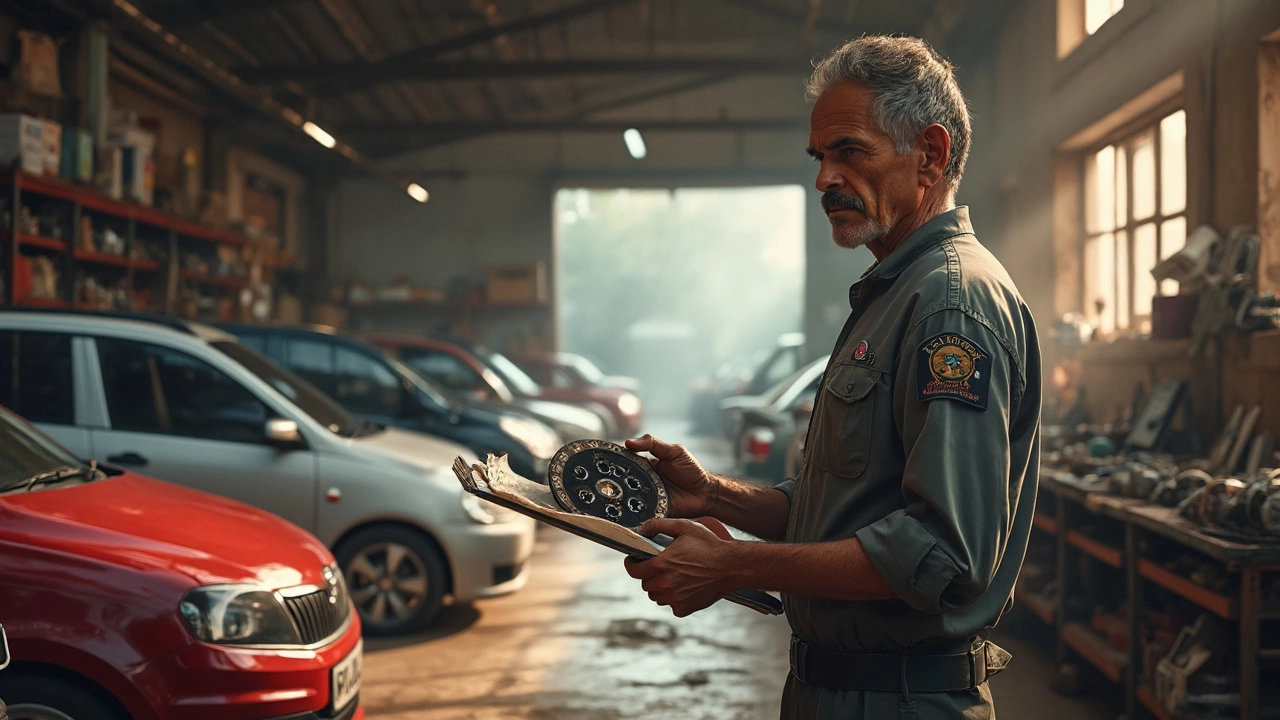
Alright, folks—let's talk about clutch kits. Ever thought about why they're so important, yet sound so technical? Simply put, the clutch kit is vital for engaging and disengaging your vehicle's engine. Without it, you're not getting far!
Now, down to the good stuff—prices. You've probably noticed clutch kit costs aren't set in stone. It all depends on the make and model of your car. On the bright side, this means there are options to fit different budgets. If you're driving a small city car, it might not set you back much. But a high-end sports car? Prepare your wallet!
But there’s more to it than just the type of car. Other factors, like where you live and the availability of parts, can also play a big role in the final price. That's why doing a little local research is wise. This way, you avoid nasty surprises when the bill arrives.
- Understanding Clutch Kits
- Factors Affecting Cost
- Average Price Range
- DIY vs. Professional Replacement
- Tips to Save Money
Understanding Clutch Kits
Alright, let's break down clutch kits into edible bits. Picture this as the superhero team for your car's transmission. The main players? The clutch disc, the pressure plate, and the release bearing. Each has a specific role in making sure your car changes gears smoothly.
What's in a Clutch Kit?
First off, we have the clutch disc. It’s kinda like a frisbee that slots between the engine and gearbox, responsible for transferring power. Next up, the pressure plate. Think of it as the muscle, holding everything tight together and letting go when you hit the clutch pedal. Finally, the release bearing eases the pressure so the friction doesn’t go haywire. Together, they keep your car purring with perfect gear shifts.
An interesting fact? A lot of clutch discs use a special material for facing – a mix of components designed to handle heat and friction like a champ. This affects how well your car shifts and how long the clutch will last.
Why Are Clutch Kits Important?
You may wonder why there’s so much fuss over a clutch kit. Well, here's why: it affects everything from fuel efficiency to the overall driving experience. A well-functioning clutch is key if you want to keep your vehicle reliable. And trust me, nobody likes to be stranded because of a fried clutch.
To give you an idea, the lifespan of a clutch can vary greatly. Some can last as long as 100,000 miles if treated right, but if you're heavy on the pedal, it might be a different story. Daily city driving tends to wear them out faster than highway cruising.
| Mileage | Clutch Lifespan (Approx) |
|---|---|
| City Driving | 30,000 - 50,000 miles |
| Highway Driving | 60,000 - 100,000 miles |
So, if you're hearing strange noises when changing gears or if the shifts seem rough, it might be time to think about checking that clutch kit. Paying attention to these signs can help you avoid bigger, costlier problems down the road.
Factors Affecting Cost
Getting a handle on what makes a clutch kit cost what it does isn't just for the gearheads. Knowing the details can save you a heap of cash and trouble.
Make and Model of the Car
The type of car you're driving is often the biggest factor. More common models tend to have cheaper parts because they're produced in larger quantities. If you're sporting a rare or luxury vehicle, expect to shell out more. It's just supply and demand in action.
Quality and Brand of the Kit
Then, we've got quality. Just like with anything, you get what you pay for. Top brands with a solid reputation might have a steeper price tag, but they often deliver on durability and performance. Wondering if it's worth it? Paying a bit more up front could mean fewer headaches down the road.
Location Matters
Your region plays a role, too. Living in areas where auto repair costs are high or parts are hard to come by can inflate prices. Conversely, if you're somewhere with a lot of auto shops, you might catch a deal simply due to competition.
Labor Costs
Last but not least, labor is a big chunk of what you're paying. Skilled mechanics, particularly those certified to work on specific brands, charge more. But their expertise ensures the job gets done right the first time.
Here's a quick glance at how these factors might stack up:
| Factor | Impact on Cost |
|---|---|
| Car Make and Model | High for rare/luxury, low for common models |
| Kit Quality and Brand | Higher quality equals higher cost |
| Location | Varies by region |
| Labor Costs | Depends on mechanic expertise |
By weighing these factors, you’ll have a better idea of what to expect and where you might be able to cut some corners—without cutting corners on quality!
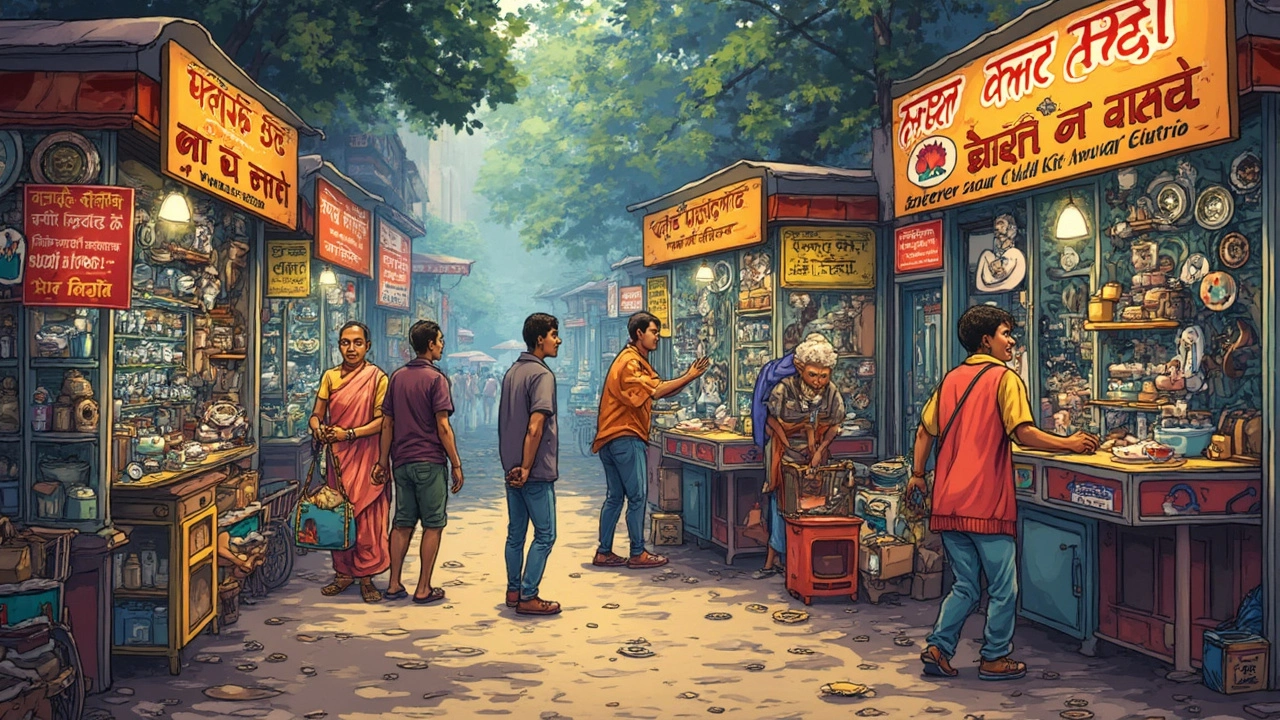
Average Price Range
You're probably wonderin', what's the damage gonna be for a clutch kit? It's all about the specifics, mate. The average price range for a clutch kit usually falls between £150 and £500. But why such a big range? Let's break it down a bit.
If you're driving a smaller car—think along the lines of a Ford Fiesta or a Vauxhall Corsa—you could be eying the lower end of that scale, around £150 to £250. These models are pretty common, and parts are generally easier to come by, which helps keep the prices down.
Now, for those cruisin' in a swanky BMW or zippy Audi, you're likely lookin' at the £300 to £500 range. These vehicles often require more specialized parts and labor, nudging the costs upward.
| Car Type | Price Range (in £) |
|---|---|
| Small Cars | 150-250 |
| Mid-Range Cars | 250-350 |
| Luxury/Sports Cars | 300-500 |
Don’t forget, the cost of the kit itself isn’t the whole picture. You’ll likely be forking out for labor, which can range from £100 to £300 depending on where you live and the mechanic's expertise. It's wise to get quotes from a few garages to see who offers the best deal.
And here's a tip for ya: always factor in potential extras. Sometimes, there are associated parts like the flywheel that might need replacing. That’s gonna lift the total a bit more; it’s better to be prepared than caught off guard.
Remember, a well-maintained clutch kit is worth its weight in gold for a smoother drive. So, while it might feel like you're splashing out now, it’s all about keeping you on the road without hiccups later.
DIY vs. Professional Replacement
So, you're staring at your car, clutch kit in hand, and thinking: DIY or go pro? It's a choice many car owners face. Let's break it down so you can make the right call for your clutch replacement.
Going the DIY Route
Diving into a DIY job can save some serious cash. With labor often being the priciest part of auto repair, doing it yourself could cut costs by half. Plus, if you're a hands-on kind of person, it’s a great learning opportunity. You'll need some basic tools, a trusty repair manual, and a weekend to spare. But be warned: this task is no small feat. You'll be lifting the car, pulling out parts, and getting pretty greasy.
Pros of DIY:
- Cost savings on labor
- Sense of accomplishment
- Learning new skills
Cons of DIY:
- Time-consuming
- Risk of making mistakes without prior experience
- Need for specific tools and technical know-how
Calling in the Pros
If the thought of a car strewn across your driveway makes you nervous, hiring a professional might be your best bet. A certified mechanic can get the job done quickly and efficiently, with the assurance it's done right. Most shops offer warranties on their work, giving you peace of mind. It's also worth considering the complexity of modern cars—sometimes it's best to let those with special training handle it.
Pros of Professional:
- Work done faster
- Warranty on labor and parts
- Better for complex jobs
Cons of Professional:
- Higher cost due to labor fees
- Less personal learning
- Limited to shop availability and schedule
Making Your Decision
Think about your comfort level with car repairs and your time constraints. Is saving money more important, or do you value the job being done hassle-free? Either way, considering these aspects ensures you won't regret your choice. If you're unsure, a quick consult with a mechanic could offer insights into what's best for your situation.
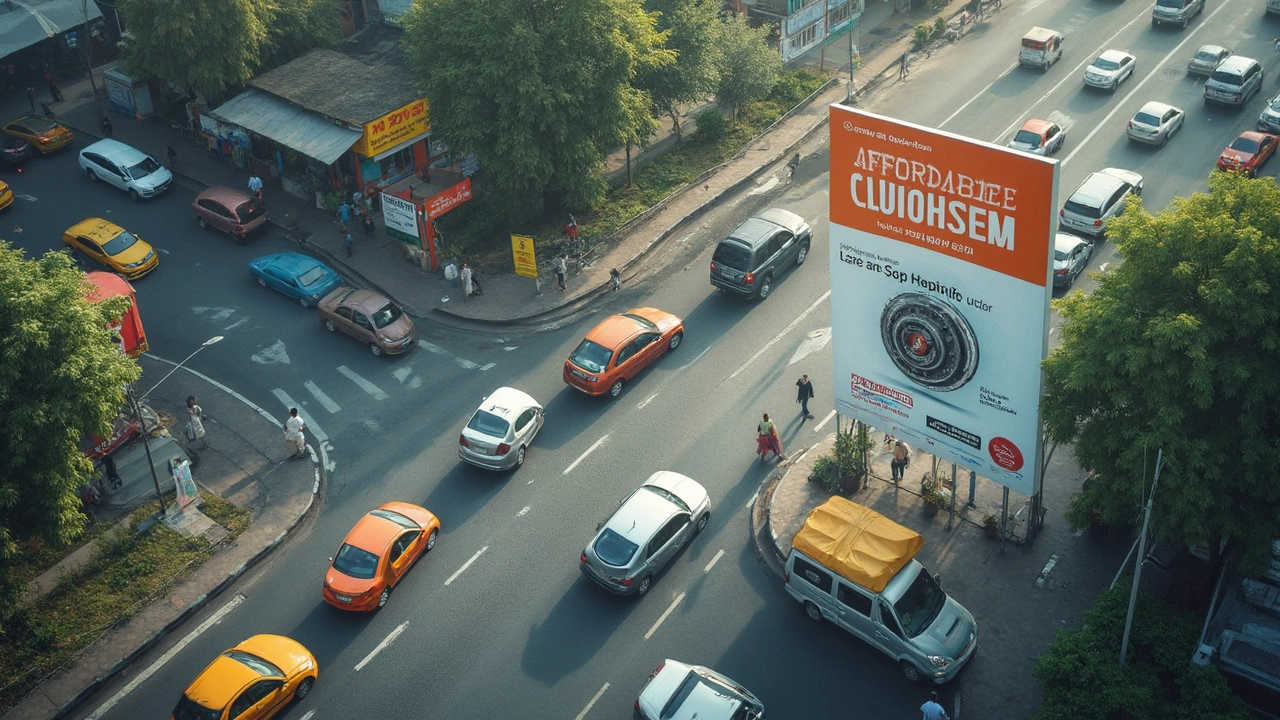
Tips to Save Money
When it comes to clutch kit replacement, saving a bit of cash can make a big difference. So let's dive into some practical tips that could lighten the load on your wallet.
Do Your Homework
Kick things off by researching different clutch kit costs available in your area. Check online forums or ask around in car enthusiast groups. Word-of-mouth recommendations can sometimes lead you to a trusted mechanic who won't ruin your budget.
Compare Before You Buy
Consider checking multiple suppliers. Online auto parts stores often have competitive pricing, but always remember to factor in shipping costs. Sometimes local stores offer deals or have special promotions, so don't count them out just yet.
DIY Enough? Maybe Try
If you're somewhat handy with tools and have the time, going the DIY route might save you a chunk of change. But for those unfamiliar with car mechanics, it's probably better—and safer—to leave it to the pros. You don’t want to end up spending more if things go awry!
Leverage Warranties & Guarantees
Always check if your purchased clutch kit comes with a warranty. This can be a lifesaver if things don’t go as planned. Some mechanics also offer labor guarantees, so be sure to ask about that when you're shopping around.
Don’t Shy Away from Used Parts
In some cases, quality used parts can be a cost-effective choice. Just make sure these parts are in good condition and from reputable sellers. You don't want to save pennies only to face a bigger issue down the road.
Wrap these tips together, and you might just find yourself nailing down a really good deal, making clutch replacement less of a financial headache!
